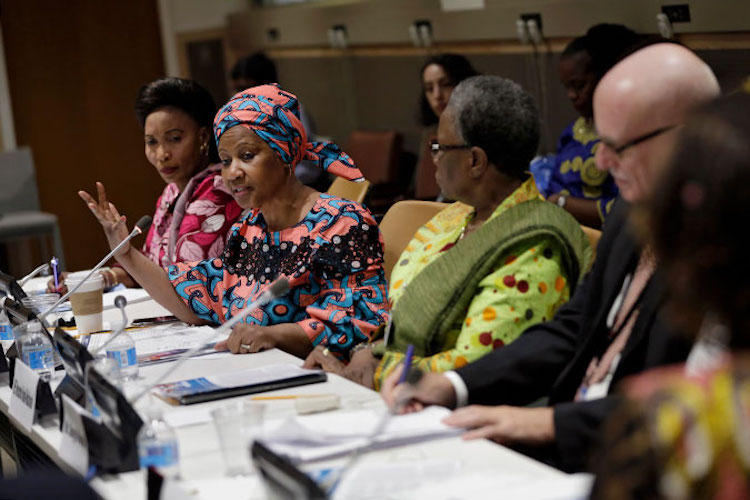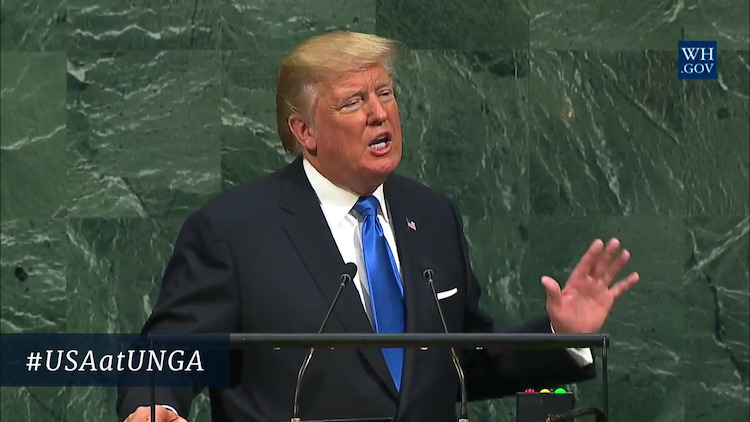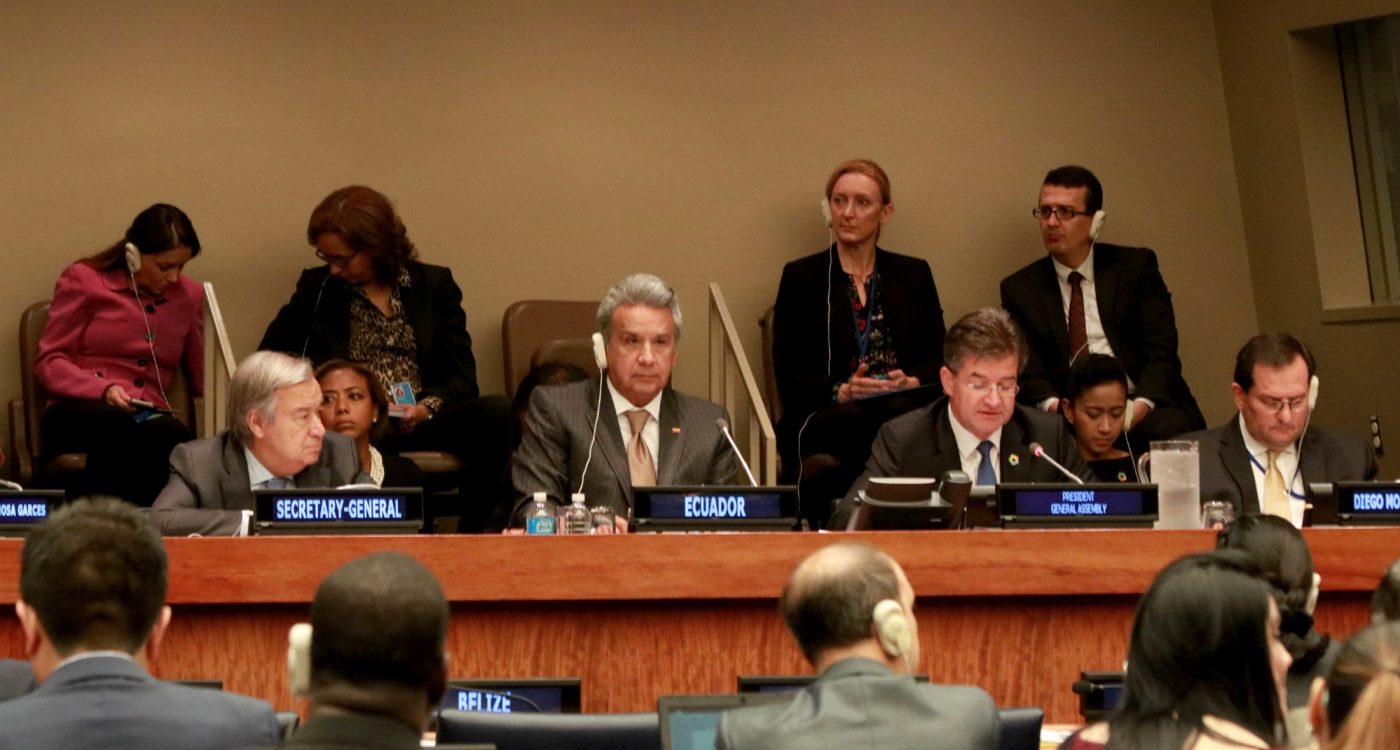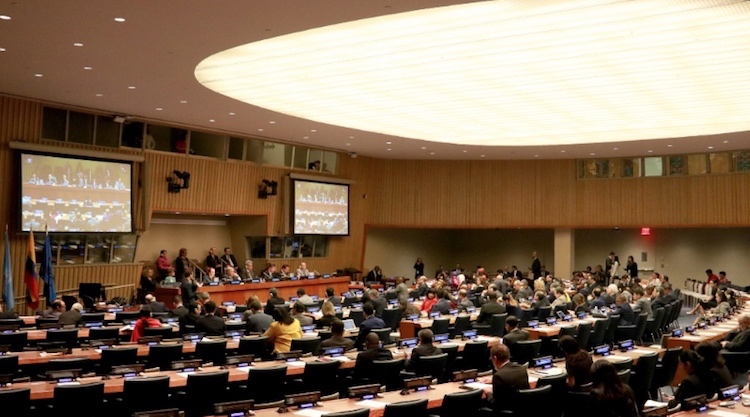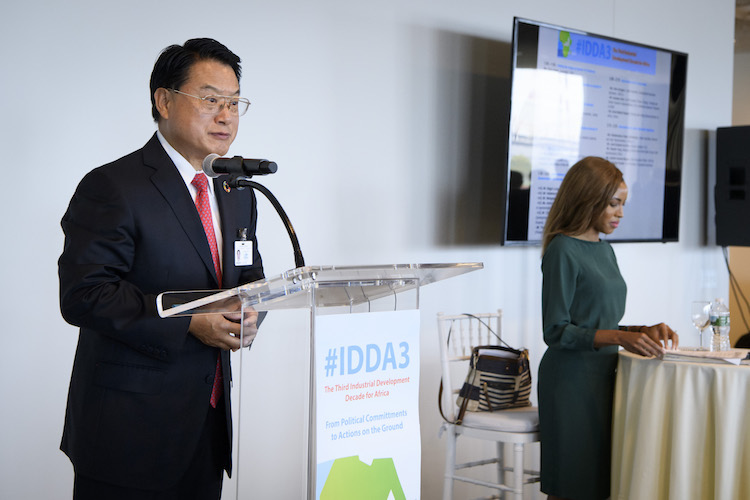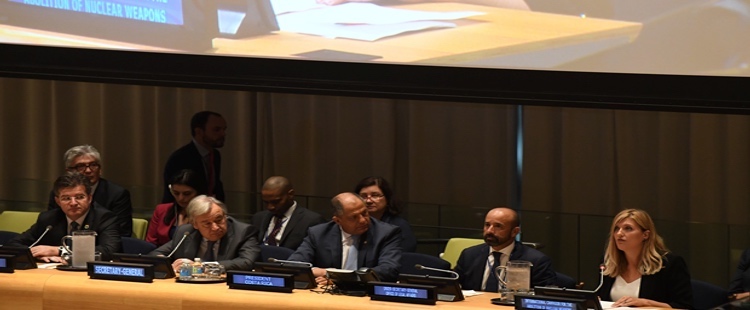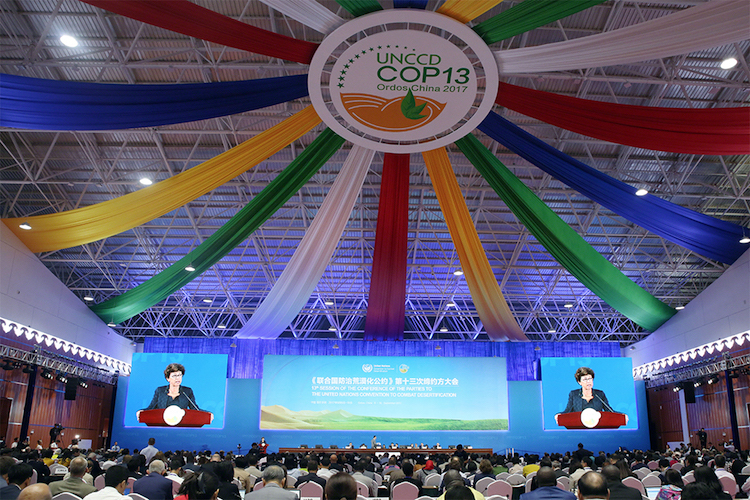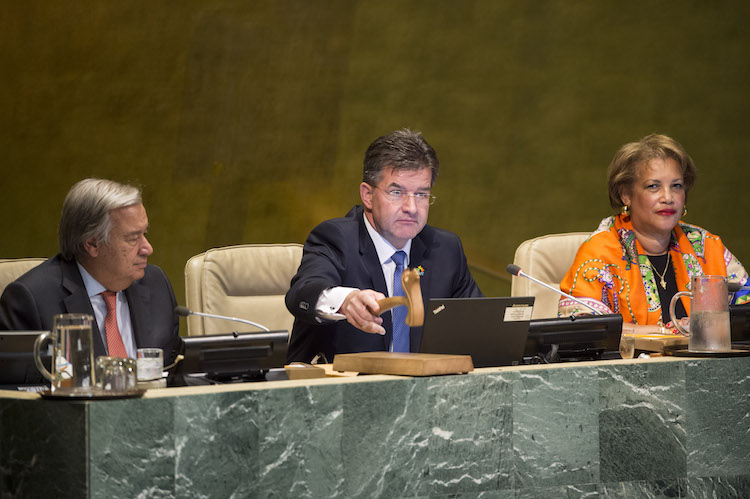By UN Women
UNITED NATIONS (IDN-INPS) – African advocates, pioneers, and thought leaders of the Women, Peace and Security Agenda, together with the Norwegian Foreign Minister Børge Brende, took stock of the achievements and challenges for women building sustainable peace on the continent at a high-level event on September 22 during the 72nd General Assembly.
“If peace processes do not include women, civil society and youth, they are not sustainable,” Børge Brende summarized the common understanding motivating all panellists in their endeavour.
When the United Nations Security Council adopted Resolution 1325 (UNSCR 1325) in 2000 and acknowledged the multifaceted role women play for peace and conflict, it was a milestone. In the aftermath, advocates all around the globe pushed Member States for its tangible implementation via National Action Plans (NAPs).

